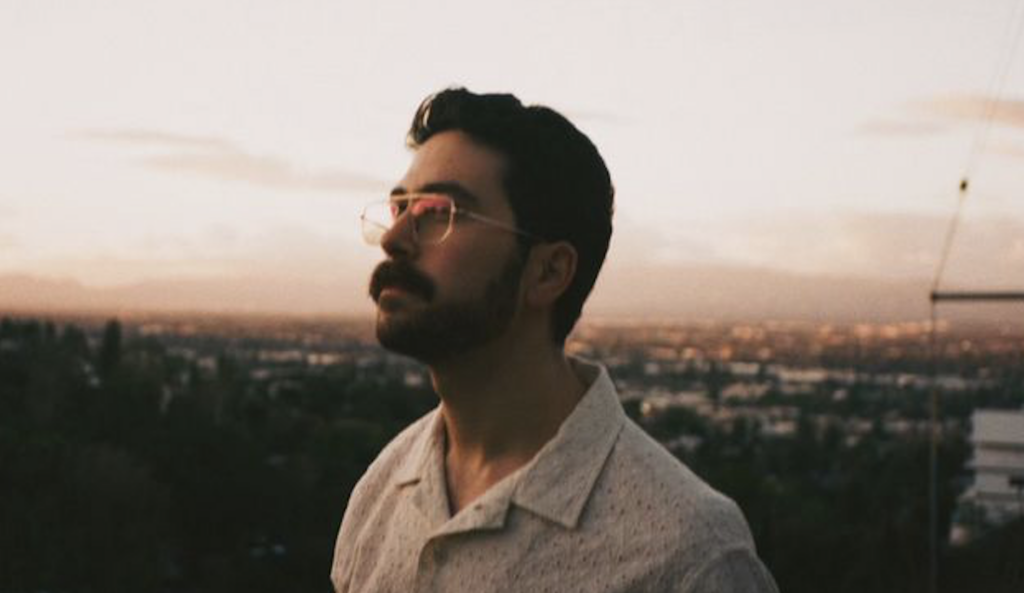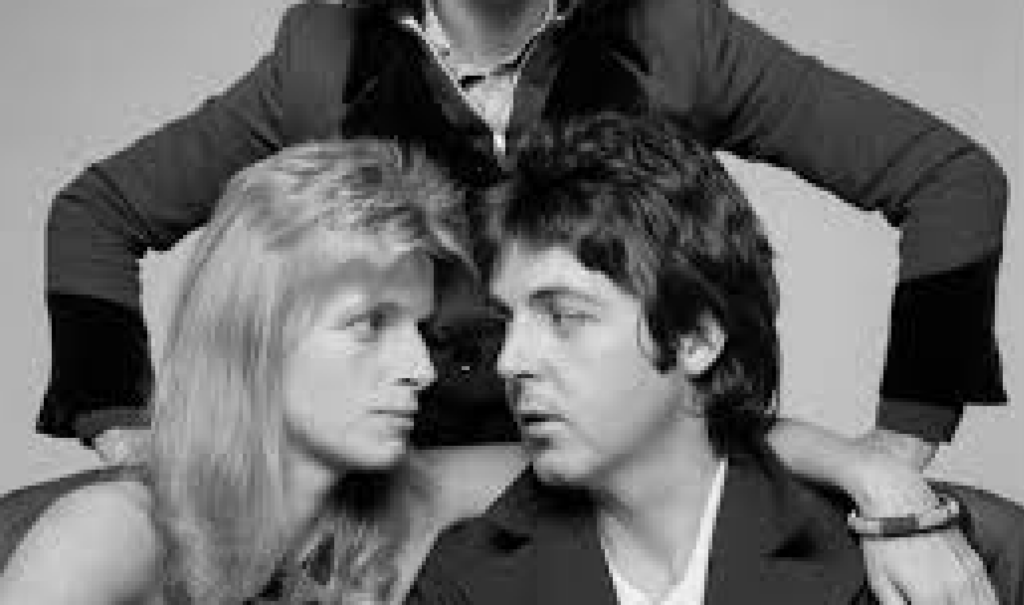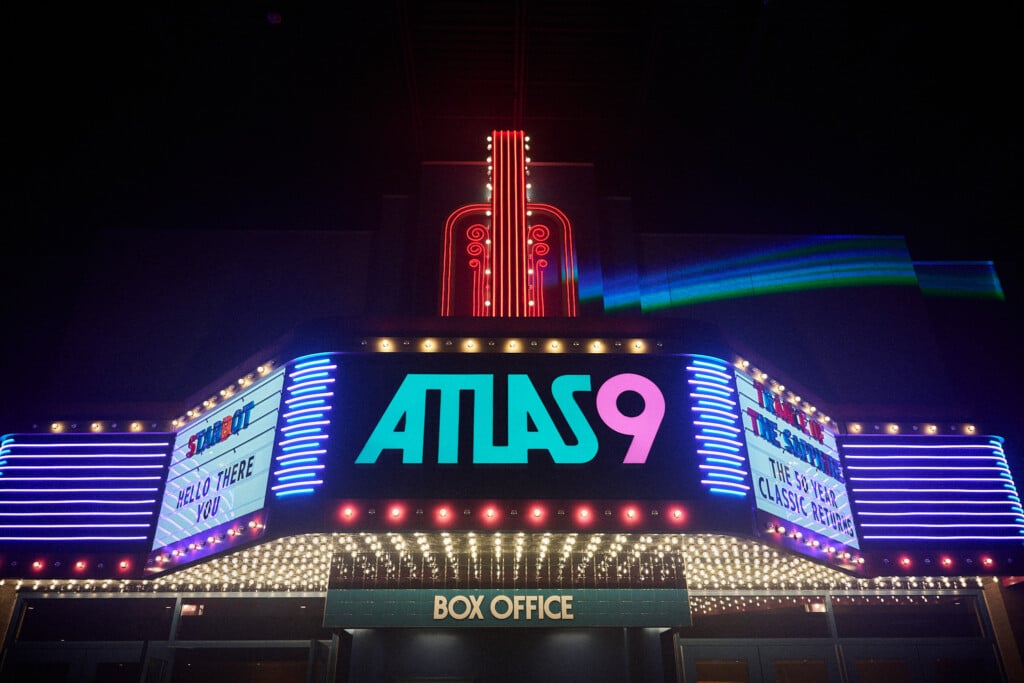Hell on Earth
If We Were Soldiers smells at all familiar, perhaps you’re confusing it with the stink emanating from a nearby theater screening Black Hawk Down. Both movies are based on books that recount true-life battles that claimed the lives of American soldiers. Both offer painful and prolonged visions of hell’s battlefield. And both drop you in landing zones overcome by enemy gunfire and mangled corpses. The much-repeated quote from Plato that opens Black Hawk Down — “Only the dead have seen the end of war” — appears nowhere in newspaperman Mark Bowden’s 1999 book. But it opens Chapter 25 of We Were Soldiers Once … and Young, penned by Lieutenant General Harold Moore and journalist Joe Galloway and published in 1992.
But Black Hawk Down, based on Bowden’s account of a botched 1993 mission in Somalia that resulted in the deaths of eighteen American soldiers, has little interest in humanizing war; the soldiers are faceless, almost nameless. And it portrays the hundreds of Somali militia members gunned down by U.S. troops as black-faced savages. The film plays like a big-screen version of the Medal of Honor video game, reveling in the giddy pop-pop-pop of weaponry and special effects.
We Were Soldiers, both the book and the adaptation written and directed by Randall Wallace (who wrote Braveheart and Pearl Harbor), offers the flip side of the same terror. Set during the first protracted battle of the Vietnam War in November 1965 — when 450 men of the 1st Battalion, 7th Cavalry, were sent to Ia Drang, the so-called “Valley of Death” — it provides an explanation (though not a rationalization) for why soldiers were sent to such a faraway place to fight someone else’s war. Hal Moore (a resolute Mel Gibson), Harvard-educated commander of helicopter troops that fly in and out of hot spots, was only doing his duty, following orders. He was a soldier and more, a father not just to his own children but the kids under his command.
In their book, Moore and Galloway (portrayed here by Saving Private Ryan vet Barry Pepper) pay due respect to the enemy, depicting the North Vietnamese as soldiers just trying to keep their land from falling into the hands of Americans who didn’t belong there. Wallace depicts Lieutenant General Nguyen Huu An (Don Duong) as nothing less than Moore’s equal; he’s as brilliant a commander as his American counterpart, a soldier sizing up the enemy with unyielding force. Duong gives the film’s most understated performance; he wears dignity the way Gibson sports a scowl.
We Were Soldiers, as prosoldier as it is antiwar, also exists as a rare Vietnam film bereft of cynicism. Wallace doesn’t need to remind us how pointless a police action Vietnam was; the forgotten dead and disowned living don’t need Hollywood’s help to make that point. Wallace lets his actors, all playing real-life soldiers (not amalgams), do the telling.
In the end, of course, all films about war are antiwar—save John Wayne’s 1968 abomination The Green Berets, perhaps the only pro-Vietnam War movie ever made. But where Black Hawk Down made you experience the horror, it didn’t ask you to think too hard about it; it was having too much fun blowing shit up. But Soldiers succeeds where its recent predecessor fails because it demands that you suffer the dreadfulness of war from both sides. That might not make it a milestone, but it’s a hell of an improvement.




